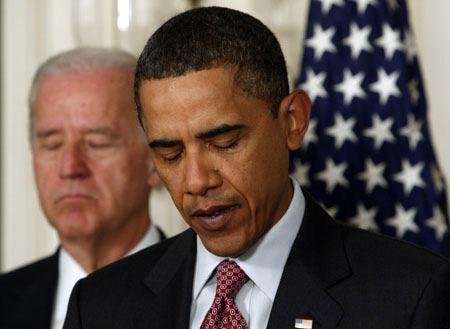On January 12, 2010, a devastating earthquake struck Haiti, killing over 200,000 people and leaving millions homeless. The disaster presented a critical test of international disaster response, with the US playing a dominant role in relief efforts.
As the President of the United States, Barack Obama played a crucial role in shaping the US response, despite not being Haiti’s President. The US took a dominant position in international relief efforts, with the US military leading the initial response. This raised concerns about militarization and potential US control over Haiti’s recovery.
Obama’s administration was accountable for the country’s actions in Haiti, including any shortcomings. The US’s involvement reflected its foreign policy priorities, with Obama’s leadership instrumental in shaping the response. However, the US’s role was controversial. Critics argued that the US prioritized its own interests over Haiti’s needs, lacking transparency and accountability to the Haitian people.
The administration faced criticism for prioritizing security over humanitarian aid, failing to coordinate with Haitian authorities, and allowing US corporations to profit from reconstruction contracts. To effectively respond to the 2010 Haiti earthquake, Obama could have:
– Assessed needs and identified priority areas
– Made a personal commitment to support rebuilding efforts
– Mobilized resources and funding
– Improved coordination between US agencies, international organizations, and Haitian authorities
– Avoided bureaucratic delays
A visit from Obama to Haiti in 2010 could have led to a stronger US commitment to support rebuilding critical infrastructure. Seeing the devastation firsthand would have allowed him to assess needs, make a personal commitment, mobilize resources, improve coordination, and avoid bureaucratic delays.
Before giving Obama a platform to ask Haitian Americans to vote Democrat, we should ask him about his actions towards Haiti during his administration, especially after the devastating 2010 earthquake. As Haitian people, we need to hold politicians accountable and make them work hard for our vote. Only then can we ensure that our voices are heard and our community benefits. Don’t let your vote be a vote against your own country.
It’s essential to hold politicians accountable for their actions and policies, especially when it comes to supporting vulnerable communities like Haiti. By asking tough questions and demanding transparency, Haitian Americans can ensure that their voices are heard and their community receives the support it deserves.
Mr. President, what would you propose to the current administration and running candidates, including Vice President Harris, to ensure that the failures and shortcomings of the US response to the 2010 Haiti earthquake are not repeated in future disaster responses? Specifically, what policies, measures, or reforms would you recommend to prioritize affected communities’ needs, improve coordination, and increase transparency and accountability?
In conclusion, the US response to the 2010 Haiti earthquake highlights the need for international disaster responses to prioritize affected communities’ needs and agency, acknowledging power dynamics, priorities, and potential biases. By doing so, future responses can ensure more equitable and effective support for those affected by disasters. As Haitian Americans, let us demand more from our politicians and hold them accountable for their actions. Let us make our voices heard and ensure that our community receives the support it deserves. Don’t let your vote be a vote against your own country.
References:
1. “Haiti Earthquake 2010” by the American Red Cross
2. “2010 Haiti Earthquake Response” by the US Agency for International Development (USAID)
3. “Haiti Earthquake: One Year Later” by the Center for International Disaster Information
4. “Disaster Response in Haiti: Lessons Learned” by the Brookings Institution
5. “Haiti Earthquake 2010: A Review of the Response” by the International Journal of Disaster Risk Reduction




